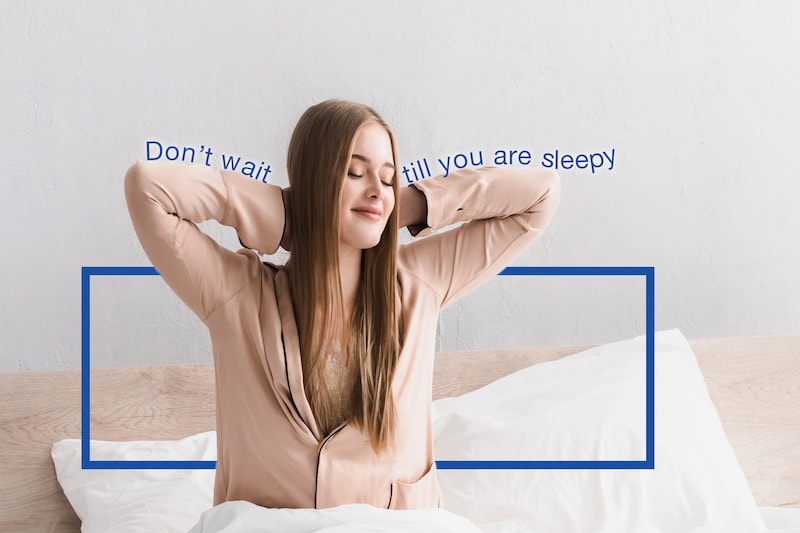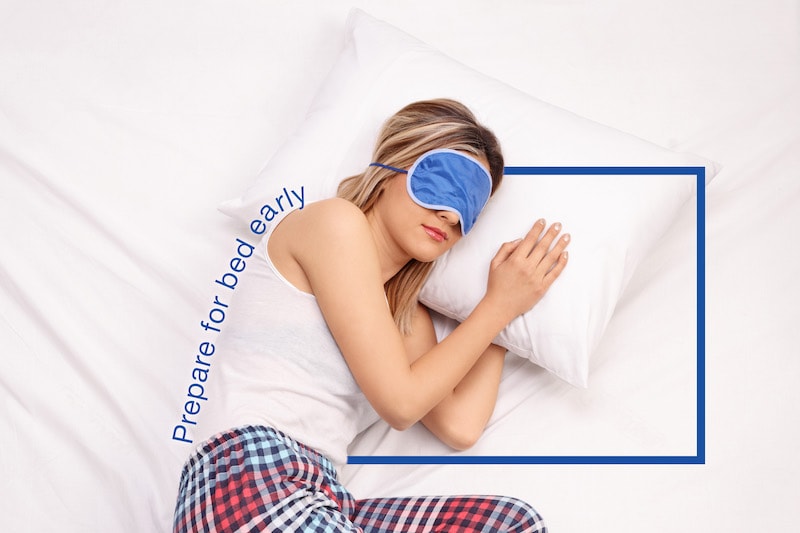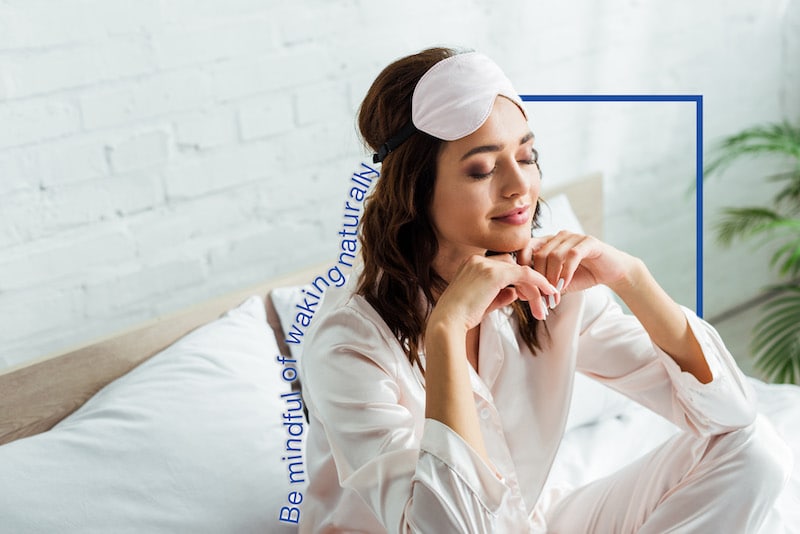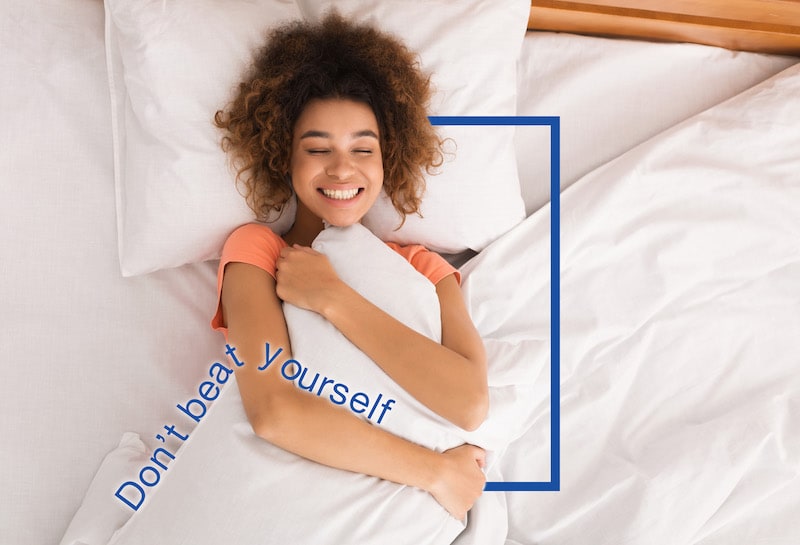We are all guilty.
Guilty of delaying our sleep for work; guilty of binge-watching a TV series during sleep hours. Then there’s the late-night game we struggle to keep up with-- hoping to cheer our favorite teams regardless of time barriers.
But how does this famous guilty pleasure affect work output? You would be shocked at how much this trumps your productivity.
A dated study by researchers at Utrecht University found that several people experience mild bedtime procrastination for no reason. This surprising statistic clearly shows how lightly young adults take the National Sleep Foundation’s recommended sleep hours.
Is this the best practice?
Of course not. But why do people sleep late?
For some, it’s the biddings of insomnia, while some people get sucked into enjoyable activities ranging from reading to movies. Many are simply in a battle with self-regulation.
Nonetheless, you can break free from this habit or deficiency by practicing the act of sleep discipline.
We all know the zombie-like feeling that comes with sleep deprivation. And the sluggishness that lurks around the corners isn’t avoidable as well.
These downsides that come with inadequate sleep are big players in work productivity. They sap your effectiveness without even trying.
However, you can’t practice sleep discipline if you don’t know how to stop staying awake when you should be sleeping. Not to worry, we have some tips to help you develop early sleeper habits.
Let’s dive deep.
Tips and Rules to Help You Go to Bed Early
Perfecting self-discipline starts with the following tips:
Get Off the Internet
From binge-watching the latest TV series “Equalizer” to taking a quiz on Facebook, technology is a cause of sleep procrastination.
Internet or technology at large affects people differently. It’s a productivity booster or killer, depending on how you wield it. One of the ways the internet can affect you negatively is when it keeps you from sleeping.
It’s not surprising that a study by Norway researchers found a strong link between the internet and sleep deprivation in adolescents.
Agreed that the internet keeps you connected and updated, but staying on the internet during your bedtime is a prime cause of late-night sleep.
When you surf the net during bedtime, your brain stays alert. It becomes unhealthy if you remain active online when you are tired.
Learning how to sleep early involves powering down your device an hour before your bedtime. And it shields you from the temptation to binge a movie or reply to a late email.
Don’t Wait till You are Sleepy.
Most people stay awake till late in the night because their body is still alert. You may feel it’s the best time to catch up on the latest episode of your favorite tv show or do some household chores.
But this is where you're getting it wrong. You don’t necessarily have to wait up until you can barely keep your eyes open.
Quite frankly, you get sleepy when you are overly exhausted. And when this happens, there’s every possibility that you will wake up tired and groggy no matter how many hours of sleep you catch.
So, develop the habit of sleeping before it becomes a pressing need to ensure you don’t expend your energy.
Set Your Bedtime and Follow it Religiously
National sleep foundation recommends about seven to nine hours of sleep for most adults. Hence, a healthy sleep routine starts with one that incorporates a minimum of seven hours of sleep.
Decide on the time you’d love to wake up every morning and do the math. However, you need to bear in mind that your sleep pattern also plays a vital role in picking a bedtime. Does it take a while before you finally fall asleep, or do you drift off as soon as you hit your bed?
Factor all these into your plan.
After you have decided on a bedtime, you need to develop sleep discipline. It may be tempting to engage in other activities but don’t give in. Although, it may prove difficult initially because your body needs to adjust to this habit.
You may have to get up after 30 minutes if you are still finding it difficult to sleep. Nevertheless, ensure you practice this daily until your body picks up the routine and the process becomes easy as pie.
Prepare for Bed Early.
Prepare for bed 15 to 20 minutes before your bedtime. Most people wait till they are too tired before they change to their pajamas and brush their teeth. It isn’t the best practice if you are trying to curb sleep procrastination.
Moreover, when you prepare for bed before your scheduled bedtime, you prepare your body and mind for sleep.
Additionally, you have more time to stay put in bed before you finally drift off if that is your sleep pattern. Plus, it never hurts to sleep few minutes before your sleeping time. It only affords you more rest and a productive day.
Reduce Back Pain
Not all sleep procrastinations happen deliberately. Sometimes, it’s due to some uncontrollable circumstances-- for instance, back pain. If you have a pesky back pain that relieves you only when you sit up, then you may find it dreadful to lay down to sleep at night.
Sincerely, you don’t have to go through such pain and discomfort. One of the most common causes of back pain is terrible chair support. And the best way to tame the back pain is by investing in a modern ergonomic chair equipped with the best lumbar support.
Additionally, when you tackle poor sitting posture at work, it becomes easy to suppress late night sleep that results from back pain.
Hence, buy an ergonomic chair that helps you maintain a good sitting posture and indirectly tackle sleepless nights.
Create a Bedtime Routine or Ritual
One of the best sleep disciples is developing a routine that prepares your body for sleep. Consider it as your unique way of telling your body and mind that rest is looming. Thus, create a bedtime routine that should kick off one or two hours before your bedtime.
Your bedtime routine may include engaging in one of your hobbies, like reading a book. Or a bedtime snack, a decaffeinated tea, or even a reminiscing of your day and meditating.
After your bedtime ritual, get ready by changing into your pajamas, washing your face, applying night cream if you have one, brushing, etc. Finally, slip under your blankets, turn off the light, and get ready to drift off.
If you keep this up long enough, your body will instantly pick up the memo and get ready for sleep when you start your bedtime rituals.
Find Out What Matters to You
At this point, you should make a crucial decision. What is more important to you? Is it a good night's sleep or other fun activities? How much does a sleepless night affect you? Answering all these questions helps you overcome your frailty and focus on being disciplined.
As an adult, you can always make a decision that affects your productivity or day-to-day life. However, as tempting as late-night Netflix is and as tempting as late-night gaming is, is it worth sacrificing a whole day’s productivity?
Or ask yourself if the activities that keep you awake are paramount. If the answer is yes, then your priorities are in the wrong places. Hence, make some sacrifices and deal with the consequences. It may be daunting to develop the discipline, but you’d be glad you did.
Be Mindful of Waking Naturally
Have you ever slept and woken up before your alarm rings? How did you feel? Great, right? There is a refreshing feeling that comes with having a restful night. People claim they get motivated when their sleep was satisfactory.
You wake up naturally when your body is well-rested. When you need the cringy noise from your alarm to wake up, it means you aren’t getting restful sleep.
Anytime you feel tempted to stay up late, reminisce the feeling and productivity you get after waking up. Although you still need to set alarms, should you sleep beyond the required time?
But often, you don’t need an alarm when you sleep well. Sleeping long enough to wake up on your own is a good start if you’d love to develop the habit of sleeping early.
Some people claim to sleep for eight hours leaves no time for relaxation or to enjoy their hobbies. Although the bedtime ritual that often serves as relaxation is a laudable practice, sleeping is the best way to relax.
No matter how interesting it is to enjoy your favorite tv series for one hour before bed, does it make you feel as relaxed as a good night's rest? If the answer is no, maybe it’s one of the sacrifices that come with adulthood.
Don’t Beat Yourself
Your body isn’t a puppet that will go to sleep on command. It’s going to take a while before your body gets used to a new routine. So, don’t beat yourself if you don’t sleep when you’d love to. Keep examining what works for you and practice it consistently till it becomes part of you.
If you lay down and keep complaining while you struggle hard to sleep, you will create a stress response that will affect you later. Keep calm, try different routines and be patient.
Lower the Temperature
The thermal environment influences your sleep. Your body cools down when you lay down to sleep and warms up when you get up.
Consequently, a room that’s too warm might affect your ability to fall asleep. We recommend that you set your thermostat to be slightly chilled.
However, preferences differ, so you should find the temperature that works for you.
One way to hasten your temperature change is by taking a warm bath. You can make this a part of your routine. When your body cools down afterward, it may send your brain signals to sleep.
Adding this to your bedtime routine should work like magic because studies show that taking a warm bath 1 to 2 hours before bedtime improves sleep quality.
Listen to Relaxing Music
Surprisingly, music can boost your sleep quality and efficiency. It has proven to be effective enough to solve certain sleep disorders like insomnia.
Based on research conducted in the sleep center of a hospital, sedative music successfully promoted deep sleep.
So, listening to soothing music before bedtime can enhance your sleeping comfort and make you sleep deeper. Try this to see if it works for you; after all, there’s no harm in trying.
Aromatherapy
Aromatherapy remains one of the most popular sleep therapies. It works for people who have insomnia or other sleep disorders that affect a good night's rest.
Aromatherapy means the use of essential oils to instigate sleep. Oils that are known to boost sleep are:
- Peppermint
- Lavender
- Damask rose
Oil blend that includes orange and lemon have also proven to be effective sleep stimulants. Are you wondering how to use essential oil? You can either use an essential oil diffuser or inhalation aromatherapy.
Where you inhale or use a diffuser, the crucial thing is inhaling the scents and letting it work its relaxation magic.
Conclusion
Getting enough sleep can shoot your productivity to the sky. The question is, how do you keep it there? Don’t forget to keep your ergonomic office furniture handy to maintain your productivity’s upward trajectory.
However, quality sleep is a determining factor in this mix. But to achieve this, follow these tips religiously.











